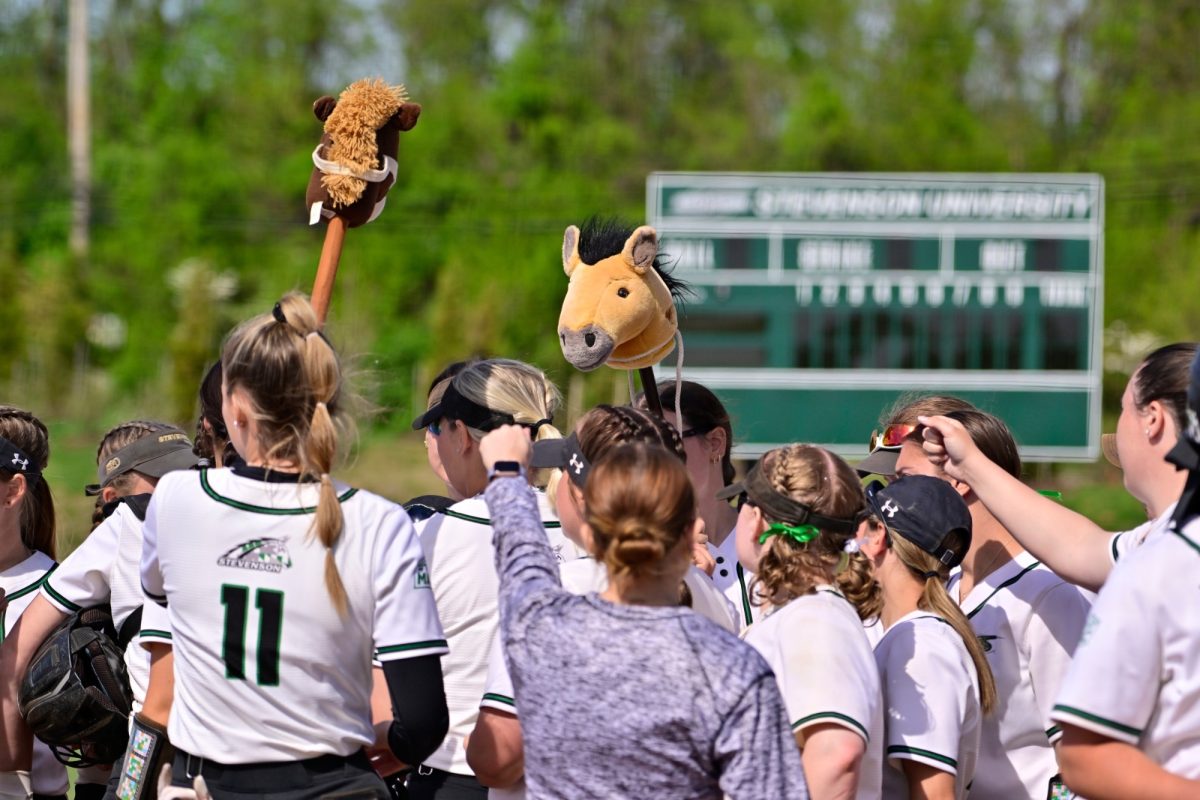With the start of the fall 2018 semester comes two significant changes to this year – and subsequent years’ – course catalogs. The removal of the C- on the grading scale and the addition of professional minors can offer students more opportunities of academic successes in their non-major related classes.

Bridget Brennan, assistant vice president of academic affairs, facilitated the grading scale change. She believes it will help students reach new levels of success in classes outside of their declared major. This decision could also give students the confidence to take different types of classes.
“The university revised the passing standard for SEE-certified courses for this and future catalog years to give students the increased freedom to take courses that may be a bit out of their comfort zone,” said Brennan. Students are traditionally prompted to finish their undergraduate education in four years, and Brennan says that “we want to ensure that the university is identifying and removing any institutional roadblocks that could lengthen students time to completion.”
Eliminating the C- from the grading scale now means that students who earn a 70 to 72 percent in a class will meet the passing standards for program requirements when they would not have in the past.
“A student who, in the past, received a 70 percent in a non-major course would have received credit for the course; however; the student would have needed to retake the course if it was needed to fulfill a SEE requirement,” said Brennan. The Office of Academic Affairs encourages students to talk to their success coach or academic advisor as to how these changes will affect them.
With the removal of the C- came the addition of professional minors. Professional minors are intended to give students a competitive edge in a specific field or within the job market. Brennan also oversaw the addition of the professional minor track.
“Professional minors are designed to help students develop foundational knowledge in an in-demand industry or profession outside of their major,” Brennan explained. “Students can declare a professional minor any time before graduation; however; the professional minor compliments your major. All students taking a professional minor still need a major course of study.”
Senior Avery Engel, a senior admissions ambassador, believes that the addition of a professional minor will benefit Stevenson in the long run for student success.
“This expansion will assist students in finding a direct path into what they want to go into,” said Engel. While he is not currently enrolled in a professional minor, he notes that he would have done so if it had been made available earlier in his college career. “As a criminal justice major, I already have a broad spectrum to go on, but if I could really make it more specific, employers would see that I have more than one skill in my repertoire.” Not only does Engel believe that the professional minor will improve student success, but it may also help improve the university’s success over time.
“The addition of a professional minor can help pull students here,” he said. “Our small institution has majors that are common among many universities, so the implementation of detailed professional minors can give students ample opportunities for success once they get into the real world.”
For more information regarding these two changes, students can access the course catalog digitally or talk to their success coach or academic advisor.


























































